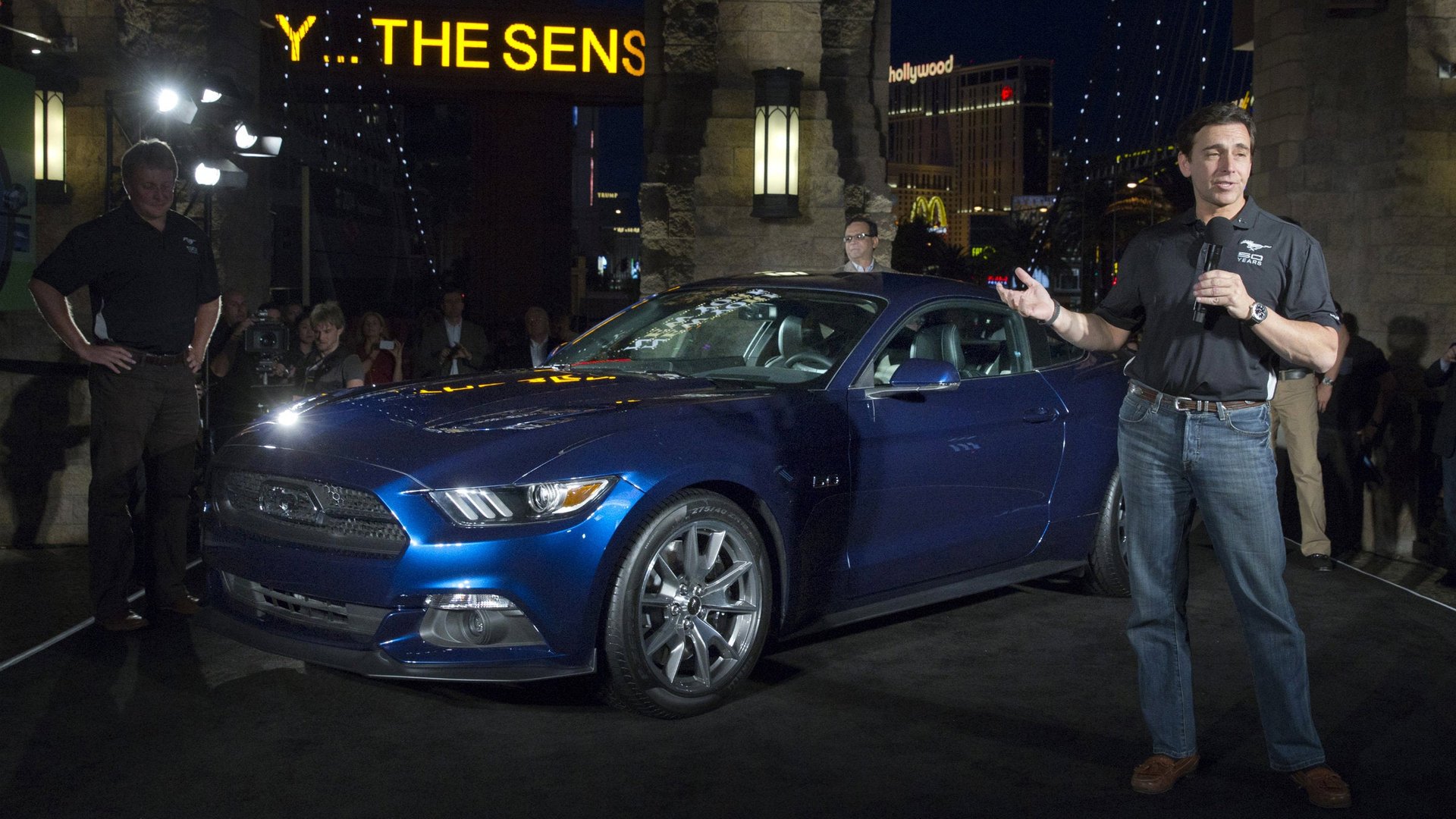After Alan Mulally leaves, don’t look for a sudden Ford rush into electrics
As CEO, Alan Mulally lifted up Ford Motor Company from the dustbin and remade it into a paragon of what Detroit used to be—a global technological leader. But even as gasoline-free cars generate a core of eager enthusiasm, Mulally has focused his energy on building a better internal combustion engine. And it is not clear that his ruthlessly efficient heir apparent, Mark Fields, is sold on a future of battery-operated cars, either.


As CEO, Alan Mulally lifted up Ford Motor Company from the dustbin and remade it into a paragon of what Detroit used to be—a global technological leader. But even as gasoline-free cars generate a core of eager enthusiasm, Mulally has focused his energy on building a better internal combustion engine. And it is not clear that his ruthlessly efficient heir apparent, Mark Fields, is sold on a future of battery-operated cars, either.
Ford has not entirely shunned electric and hybrid cars. Prior to Mulally’s arrival from Boeing to 2006, Ford had already moved quickly into the broad world of electrics: after pioneers Toyota and Honda, Ford was next with a hybrid vehicle—the Escape, followed by the Fusion. But while rivals such as GM and Nissan have pushed electrics hard—their CEOs have trumpeted their intention to lead in the sector—Ford has gone very low-key with its full-electric model of the Focus.
The impression has been of a CEO unconvinced by electrics and not swayed by the buzz around companies such as Tesla. He has seemed content to let rivals take the lead and to jump in if and when sales of such vehicles take off. “The number one thing we can do is improve fuel mileage every year” and “continually improve the internal combustion engine,” he said earlier this year.
John Voelcker, editor-in-chief of Green Car Reports, told Quartz that Mulally’s approach has been pragmatic. “He inherited a company with enormous internal divisions stemming back most of a century, and one that had to pay its bills the old-fashioned way,” meaning from its own cash flow versus the government grants taken by GM and loans by Tesla. “Taking a risk on plug-in cars made little sense, and Ford has chosen to place its bets on its ‘EcoBoost’ turbocharged smaller engines to boost fuel-economy ratings under increasingly stringent CAFE [Corporate Average Fuel Economy] regulations.”
It is not clear that Fields will—or should—change Mulally’s electric strategy. “Fields is not known one way or the other as either an advocate for, or a skeptic of, electric cars,” Voelcker said.
In the photograph above, taken last week, Fields poses with a classic muscle car—the Ford Mustang. If that was an intentional visual choice for Ford’s likely next CEO, then the message is loud and clear: Fields, like Mulally, is an admirer of the time-tested gasoline-powered engine. Said Voelcker, “Ford’s attitude toward its sole battery-electric vehicle is so publicly negative that it’s almost as if the company is working to sabotage its market chances.”